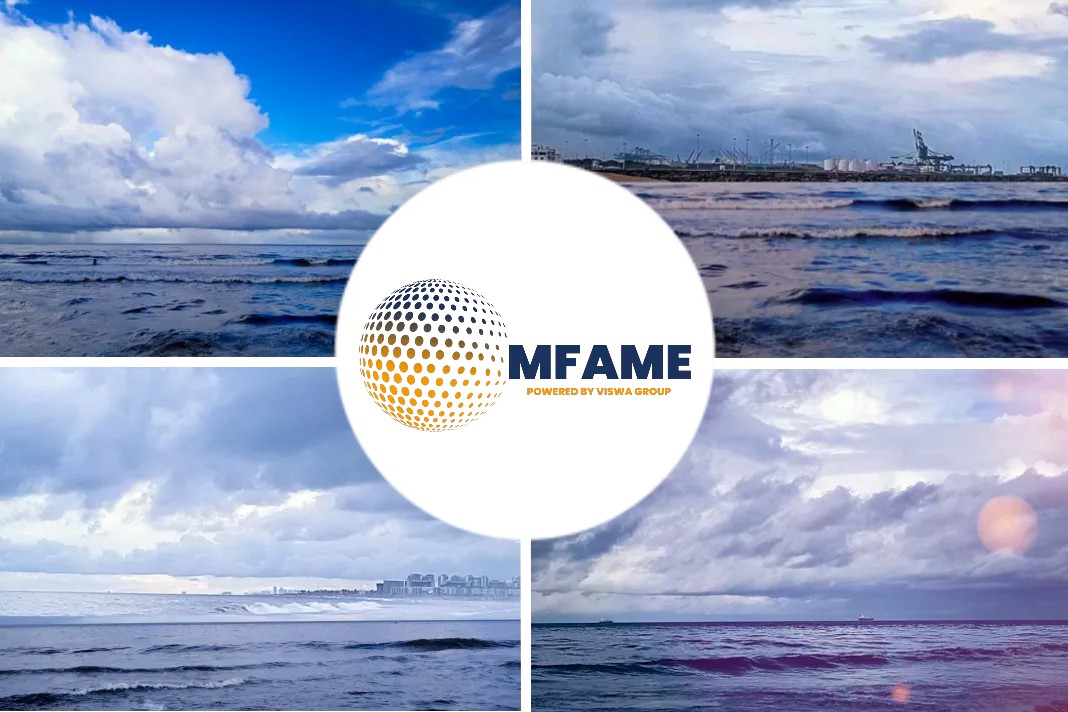Big ships entering and leaving Puget Sound will be asked to slow down to reduce underwater noise this fall in an effort to help the Pacific Northwest’s critically endangered orcas, says an article published on AP News.
Voluntary slowdown
Washington state is importing the voluntary slowdown from British Columbia for container ships, tankers, freighters, cruise ships and car carriers coming from the Canadian province, Northwest News Network reported.
The slowdown is scheduled to run from Oct. 24 to Dec. 22 and covers the shipping lanes from Admiralty Inlet by Port Townsend south to Kingston and Mukilteo.
Government-funded outfit
“When large vessels slow their speed they reduce the amount of underwater noise they create and less underwater noise means better habitat for the endangered Southern Resident killer whales,” said Rachel Aronson, the program director of Quiet Sound, which is a relatively new, government-funded outfit that organized the slowdown trial.
Ships’ travel time
Aronson said for most the request would be a 30% to 50% slowdown over 20 nautical miles.
She estimated that participating might add between 10 minutes to an hour of ships’ travel time, depending on their usual speed.
Trial slowdown
Aronson said the time period and geographic area for the trial slowdown were chosen because the orcas travel into inland Puget Sound during that time to chase salmon runs.
Resident killer whales
The population of resident killer whales in the waters of the Pacific Northwest and southwestern British Columbia has declined to 73 individuals.
Orcas primarily use sound — including echolocation — to hunt for food, orient and communicate.
Ship noise can mask the whale calls, effectively blinding the mammals.
Lack of prey
Canadian and American government agencies have identified physical and acoustic disturbance as one of the key threats to survival of the fish-eating killer whales, along with lack of prey and water pollution.
Aronson said a key constituency to win over were the Puget Sound Pilots, who board foreign ships and guide them in and out of Puget Sound ports.
Aware of expectations
“We’re supportive of the initiative and are interested to see whether the measures benefit the whales,” said Puget Sound Pilots executive director Charles Costanzo.
“We plan to notify these piloted vessels of the suggested slowdown and ensure that ships are aware of the expectations when encountering whales.”
Did you subscribe to our Newsletter?
It’s Free! Click here to Subscribe.
Source:- AP News

















